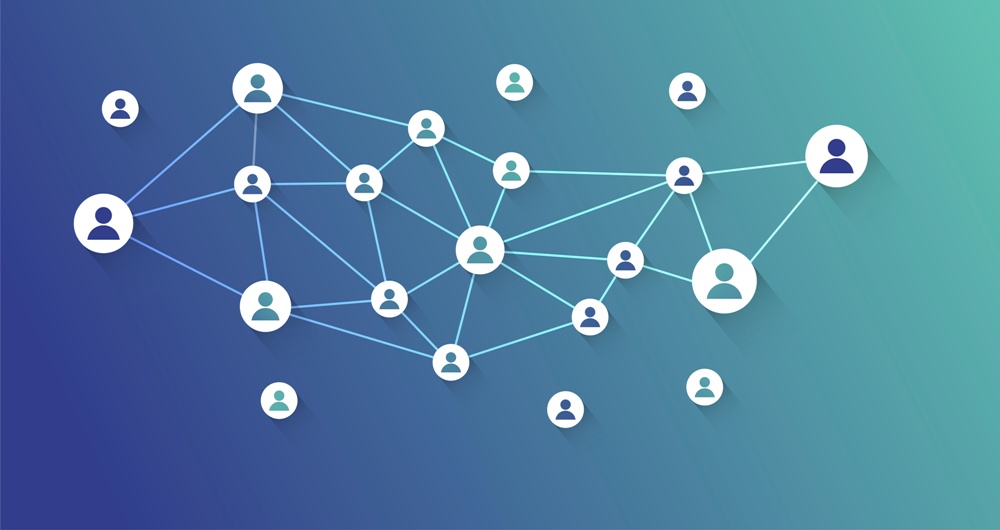
The past two years saw a big change in work environments operate. Of course, the change was driven by the global pandemic, but many of the changes were slowly happening already and were merely accelerated. For instance, organizations worldwide turned to traditional technologies like VPN to provide employees with access to the systems and information they needed to work from home.
A recent global survey conducted by Gartner Peer Insights on behalf of Citrix Systems Inc. revealed that 96% of IT leaders say they are rethinking strategies for enabling hybrid work, and 85% say their workforce is more geographically dispersed than it was two years ago.
As the number of remote workers increased, on top of bringing in seasonal or freelance workers, 96% of IT leaders said they failed to protect against additional security risks posed by employees working from anywhere.
More remote workers mean more devices. More devices mean more security needs to be implemented. Organizations fell short because the IT teams could not keep up with the demand in making sure devices and networks are safe, or the organizations did not have the funds to support proper cybersecurity implementation.
To support remote and hybrid models, VPN does remain the popular solution. However, as a traditional technology solution, it’s not enough to enable safe and productive hybrid work on its own. In fact, 87% or IT teams using VPN have implemented at least one other solution to close the gaps, including:
- VDI, 69%.
- Virtual Apps and Desktops, 49%.
- DaaS, 39%.
Implementing VPN with another solution helps businesses achieve their goals and the benefits, including layered protection for all devices on the network, creating an equitable work experience by providing employees with consistent and reliable access to applications and data regardless of where they are working, and layered protection and consistent security management for all applications.
“Hybrid work is the future of work,” said Tim Minahan, Executive vice president of strategy, Citrix. “Innovative organizations recognize this and are reimagining the solutions used to support it so they can deliver it today.”
Hybrid models will continue to change how work gets done, where it gets done and even who does the work. The key is having the right technologies in place to deliver a consistent, reliable, secure
Edited by
Erik Linask